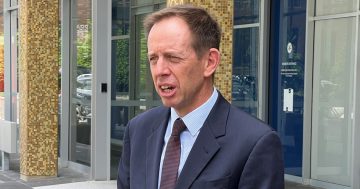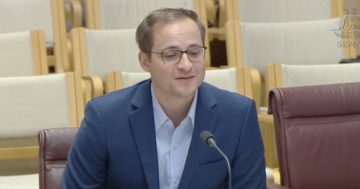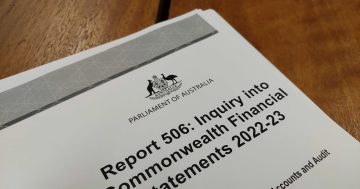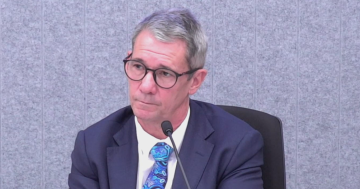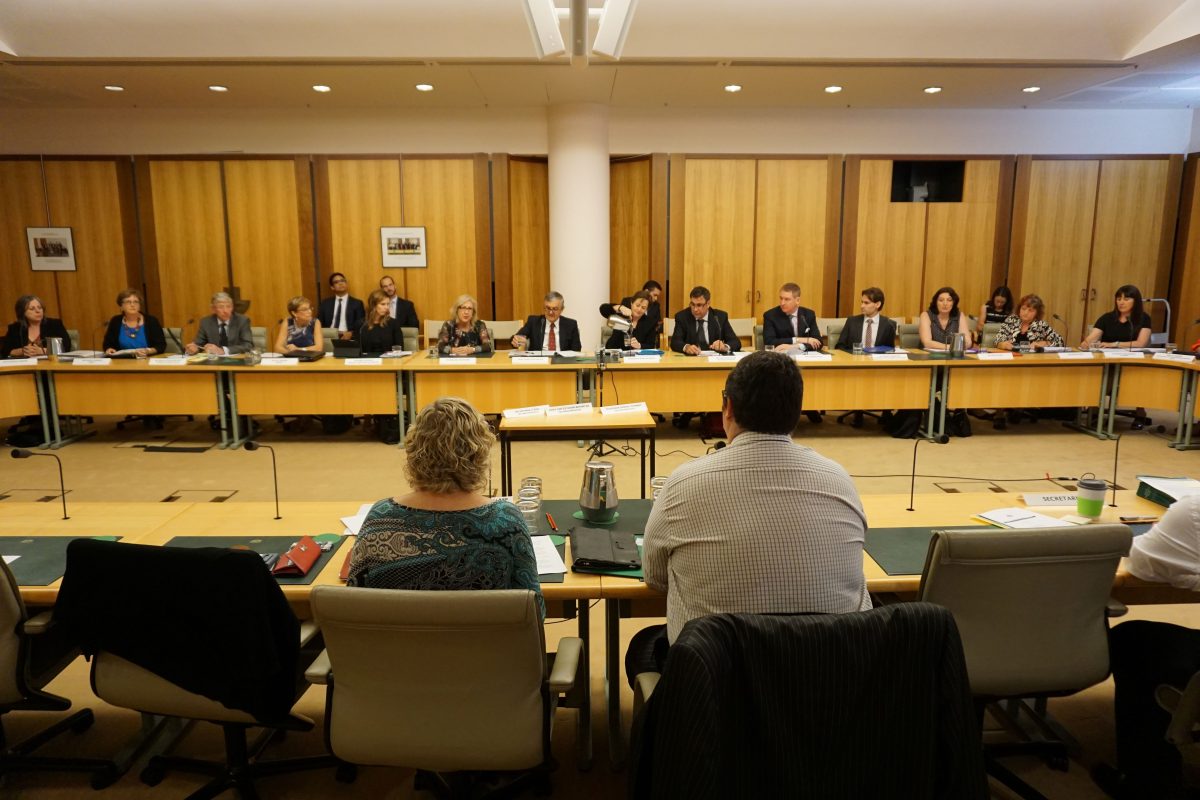
There are more than 100 ongoing inquiries at local, state and federal levels across Australia. Photo: Department of the House of Representatives.
Are you following the federal parliamentary inquiry into menopause? Or the one into greenwashing, right-wing extremism, the defence awards system, national cultural policy, homelessness or cost of living?
How about the ACT inquiries into loneliness, bail, unpaid work, safe injecting rooms or why Canberrans aren’t having children? Keeping an eye on the NSW inquiries into public toilets, pornography, pot, e-scooters or loneliness (separate from the ACT one).
The answer is probably no. That’s why it’s time to call out government inquiries for what they almost always are – an attempt to kill news stories, deflect pressure and a colossal waste of taxpayers’ money.
Across Australia, there are more than 100 ongoing government inquiries occurring at local, state and federal levels. While they may cover important topics, many of them are on the same overlapping issues that were previously inquired into over the past five years.
That’s because politicians have a simple playbook for deferring problems.
Take poker machines, for example, which are used for money laundering and cost our most vulnerable residents millions of dollars every year.
For years, the ACT Government has been under pressure to address this by introducing cashless gaming – a system whereby gamblers are blocked from putting cash in pokies and must instead use a card or digital wallet that can measure and limit losses.
Although there’s ample evidence to indicate cashless gaming works, rather than introducing it, a Legislative Assembly committee commenced an inquiry into it in July 2023.
That probe lasted for 12 months and included a public hearing, debates, submissions, exhibits, evidence and at least three media releases. During that time, MLAs could fend off any questions about cashless gaming, saying they don’t want to prejudice the outcome of the ongoing inquiry.
When the 45-page final report was finally released in June 2024, it didn’t contain a single recommendation on cashless gaming.
The committee achieved the rare feat of annoying both the clubs and anti-gambling advocates in equal measure, who both saw the inquiry as a waste of time and money. The report was also released at a time when pokies weren’t a hot-button issue, and few even noticed it (except us).

The recent ACT Legislative Assembly inquiry into cashless gaming was branded a waste of time. Photo: File.
But in terms of pointlessness, nothing quite rivalled the recent federal inquiry into the impact of severe weather events on regional roads, which was announced after floods ravaged parts of the eastern states in December 2022. That also took a full year, included a whopping 17 public hearings and resulted in a 163-page final report.
If you haven’t read it, I’ll sum up the findings in a single sentence: heavy rain damages our neglected regional roads while governments pass the buck and don’t invest in maintenance and upgrades.
Did we really need a yearlong inquiry to tell us that? Surely, all the money spent on it could have just gone to fixing a few potholes.
Of course, the report was released at a time it wasn’t raining heavily and was largely ignored.
That’s the beauty of an inquiry. It takes the heat out of an issue when it’s at the top of the news cycle and re-introduces it months or years down the track when everyone has forgotten about it.
There are occasions when an inquiry is justified, such as when it’s into a new issue that we genuinely don’t understand or where there’s limited research. Opposition probes that uncover government corruption can also be worthwhile.
But these are dwarfed by an avalanche of dubious inquiries, such as the dozens that have been conducted on the housing and rental crisis, a persistent problem for the past 20 years. Governments seem to just announce a new inquiry on that topic every six months or so, leaving hundreds of recommendations from previous probes to gather dust. That’s much easier to do than actually implementing policies that fix the issue.
I’m outraged at all this waste and can only think of one solution. It’s time for an inquiry into the number of inquiries we are having.














